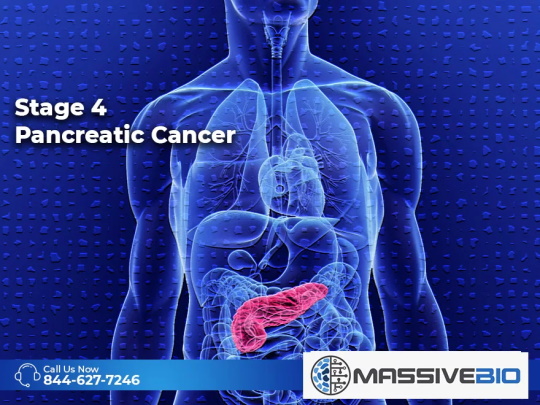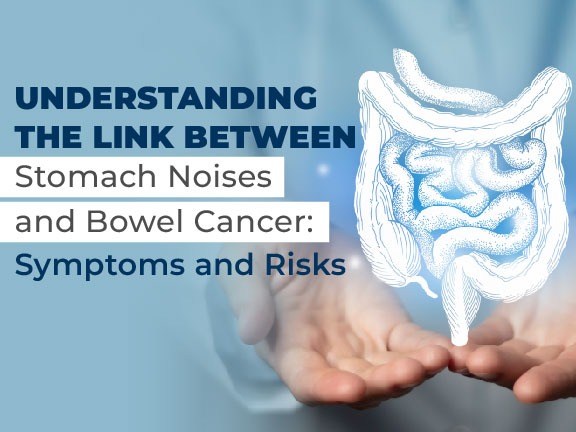Obesity and Prostate Cancer
Obesity is one of the most important diseases of this century because it causes many diseases if no precautions are taken. A balanced diet is of great importance for protecting the general health integrity of the body. Studies confirm that people with a regular diet and regular exercise habits are less likely to develop prostate cancer. Studies show that obesity is an intense risk factor for aggressive types of prostate cancer. With normal diet and exercise habits, it is possible to prevent obesity and reduce your chances of developing prostate cancer.
What Is Obesity?

In order to talk about the connection between obesity and prostate cancer, it is necessary to understand both diseases well. Obesity is the accumulation of more than average fat in the body as a result of consuming more calories than a person can burn. Adipose tissue secretes hormonal and chemical substances that affect the entire system. Some secretions cause an increase in appetite, an increase in the satiety limit, and the progression of obesity. The Body Mass Index (BMI) calculation based on height and weight is used to calculate obesity. Body mass index is obtained by dividing weight in kilograms by height squared in meters. A person with a body mass index over 30 is considered obese, and over 40 is considered morbidly obese. While excessive weight gain threatens human health to a great extent, it can also cause limitations of movement and serious diseases. Obesity can occur due to many reasons.
What Is Prostate Cancer?
Prostate cancer is a malignant tumor caused by abnormal and uncontrolled proliferation of prostate gland cells, located in the lower abdomen just below the bladder and surrounding the urinary tract called the urethra, which is part of the male reproductive system.
What Are The Risk Factors Of Prostate Cancer?
It is a disorder that affects thousands of men worldwide, mainly middle-aged and older. While the lifetime risk of developing this cancer is 16.7 percent and the risk of death from prostate cancer is 2.57 percent in the United States, the disease is much less common in Far Eastern countries that consume low-fat and plant-based foods and fish. After the spread of the American-style diet and lifestyle, prostate cancer has shown a severe increase worldwide.
Factors that can increase your risk of prostate cancer include:
- Advanced age: It is most common after the age of 50.
- Race: People with dark skin color are more likely to have a higher risk of prostate cancer than people of other races.
- Family history: The risk may be increased if a blood relative such as a parent, sibling, or child has been diagnosed with prostate cancer. Also, there may be a higher risk of prostate cancer if a family history of genes increases breast cancer risk (BRCA1 or BRCA2) or a strong family history of breast cancer.
- Obesity: Males with more fatty tissue have a higher risk of developing prostate cancer than males with less fatty tissue.
Can Being Overweight Cause Prostate Problems?

It is known that solid animal fats, solidified vegetable oils and hot frying oils increase the risk of prostate cancer. Benign prostatic hyperplasia is more common in males with larger waist circumference and higher body mass index levels.
Increased Body Mass Index and Prostate Cancer Risk
Obesity is highly associated with an increased risk of fatal prostate cancer, according to research published in the National Library of Medicine. It has been shown that overweight males, especially the ones with high amounts of belly fat, have an increased risk of benign prostatic hyperplasia (BPH). Metabolic changes associated with weight gain may promote prostate cancer progression. In adulthood, both obesity and weight gain have been associated with a higher risk of advanced and fatal prostate cancer and prostate cancer recurrence and survival.
Can Losing Weight Help an Enlarged Prostate?
Exercising and losing weight protects prostate health. Many studies show that moderate or vigorous exercise reduces the risk of prostate and urinary tract symptoms. Exercise also benefits your cardiovascular health and can help prevent other health and sexual problems like erectile dysfunction.
Sources:












